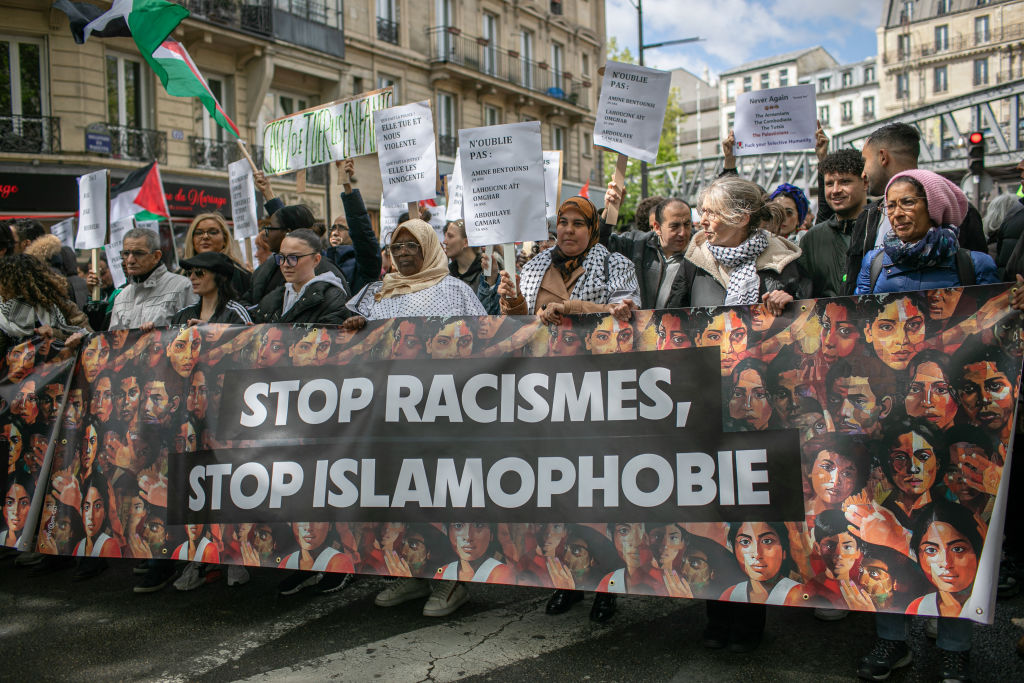Discrimination
Patrick Charlier, the director of the Interfederal Centre for Equal Opportunities (Unia), has raised alarm over the growing anti-Muslim sentiment across Europe, specifically highlighting Belgium’s troubling statistics.
According to Charlier, a staggering nine out of ten individuals experiencing discrimination in Belgium are Muslims, with veiled women being particularly targeted.
This concern is underscored by a recent report from the EU Agency for Fundamental Rights (FRA), titled “Being Muslim in the EU: Experiences of Muslims.” The report indicates a significant rise in racism and discrimination against Muslims since 2016.
Conducted between October 2021 and October 2022, the survey gathered responses from 9,000 individuals across 13 EU member states and revealed that one in two Muslims encounters discriminatory treatment on a daily basis.
The discrimination faced by Muslims is not solely based on their religious beliefs but is often compounded by other factors, including skin color, ethnic background, and immigration history.
Young Muslims born in Europe, as well as veiled women, are among those who experience the brunt of this prejudice. In Belgium, the issue is particularly pronounced, with 43 percent of Muslims reporting discrimination in housing.
Charlier has been at the forefront of the Equal Opportunities Center since 1993 and emphasizes the gravity of the situation. He points out that Muslims face hostility not just in social settings but also in education and employment.
“In Belgium, when discussing religious and philosophical beliefs, 90 percent of the cases involve Muslims. The vast majority—nine out of ten—of those facing discrimination, hate speech, and hate crimes are Muslims,” Charlier explained.
One alarming trend identified in the past year is the increase in employment discrimination cases, with women being disproportionately affected.
Many of these incidents are related to women wearing headscarves. Between 2017 and 2023, the center has primarily dealt with employment discrimination cases, alongside a rise in incidents occurring on social media and within schools.
Charlier does not downplay the reality of discrimination, stating, “Discrimination, hate speech, and hate crime are serious issues. I don’t want to undermine the reality and challenges faced by Muslims in our country. This is a consistent situation; it is not escalating, but it remains stable.”
He further elaborated on the connections between anti-Muslim sentiment and broader xenophobic attitudes, noting that while the discourse against asylum seekers and migrants is not always explicitly directed at Muslims, it often implies negative stereotypes about Muslims from regions like the Middle East and Afghanistan. “This is more about xenophobia than outright discrimination against Muslims,” Charlier clarified.
Overall, the rising tide of anti-Muslim sentiment reflects deeper societal issues that require urgent attention and action to foster an inclusive environment for all communities in Belgium and beyond.


